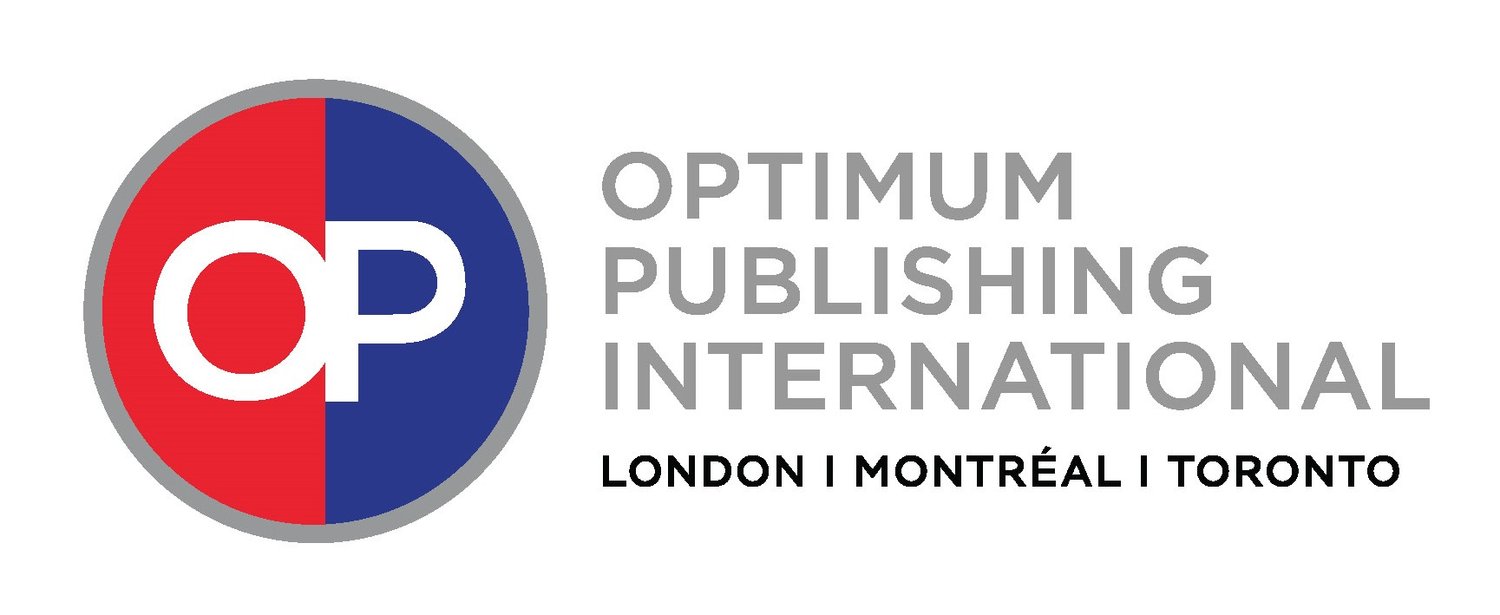https://www.newswire.ca/news-releases/optimum-releases-bad-blood-the-unspeakable-truth-by-vic-parsons-845062182.html
Click above for CNW Press Release
Optimum releases Bad Blood, The Unspeakable Truth, by Vic Parsons
NEWS PROVIDED BY
Optimum Publishing International
Jan 15, 2019, 10:10 ET
TORONTO, Jan. 15, 2019 /CNW/ - Optimum Publishing International is pleased to announce the release of Bad Blood: The Unspeakable Truth, the revised and updated book on the Canadian tainted blood crisis of the '80s and '90s.
None of us knows when we, or a loved one, might need blood. We all have a stake in a safe blood system. Although Canada's blood system today is immeasurably more reliable than it was in the 1980s and 1990s, we need to remain vigilant against any threats to safety.
A recent Canadian Blood Services poll showed 61 percent of respondents have little or no knowledge of the tainted blood disaster of the '80s and '90s when money and expediency were put ahead of the health of those who depended on a safe blood and plasma supply.
On Wednesday, January 9th CBC aired the first episode of their 8 part docudrama, Unspeakable, based on the original book by Vic Parsons, Bad Blood: The Tragedy of the Canadian Tainted Blood Scandal.
https://www.cbc.ca/unspeakable/
"This is why I am pleased to be associated with the Unspeakable series on CBC, produced by Robert Cooper," said Parsons. Cooper had this to say about the book, "Unspeakable, the television series, would not have been the same without Vic's detailed, compassionate and personal account of the tainted blood tragedy. If you want to know what really happened, how it affected people and the impact it still has today, read this book."
In the new book, we update the story and tell the final chapter of many of the victims that were infected with HIV and Hepatitis C. Vic is an award-winning journalist who was directly affected by the crisis as his son battled with HIV and Hep C but remarkably he is one of the few survivors and lives with his family in Vancouver. "This is why I am proud that Bad Blood: The Unspeakable Truth, the new and revised version of my earlier book, can contribute to raising public awareness," said Parsons.
"One of our key goals for the new book is to provide readers with new insight and recent developments in the managing of blood, particularly the new controversy surrounding paid plasma," said Dean Baxendale publisher.
"Corporations are compelled to minimize the cost of goods produced to maximize returns to their shareholders," said Andrew Cumming, a severe hemophiliac before the Ontario legislative committee in December 2014. That controversy is being played out in every province and our parliament in Ottawa this year.
While Canadian Blood Services was incorporated and formed after the blood crisis, as a result of incompetence and liability, they have played a pivotal role in safeguarding our blood supply. However, in a hauntingly similar nod to the past, the Agency, in reaction to the TV series, released a statement that paints a rosy picture claiming that this can never happen again. Officials entrusted to safeguard our blood supply were responsible for thousands of deaths here in Canada and around the Globe, and that is why the public needs to be reminded of the tragedy of the past so that the public can hold those responsible to account for their actions. Time will tell.
https://blood.ca/en/news-and-events/newsroom/op-ed
Blood, the Gift of Life? In God we Trust
To see the trailer for the series on the most extensive government malfeasance ever, Click Below.
https://youtu.be/jXYjUTdPEVo/youtu
SOURCE Optimum Publishing International
For further information: To interview Vic Parson's, or to receive an electronic review copy, please contact publicity@optimumpublishinginternational.com or call 647 970-1973

